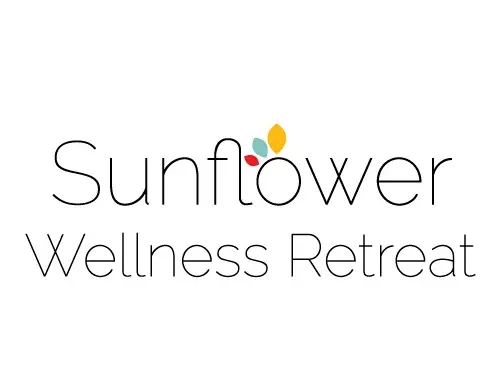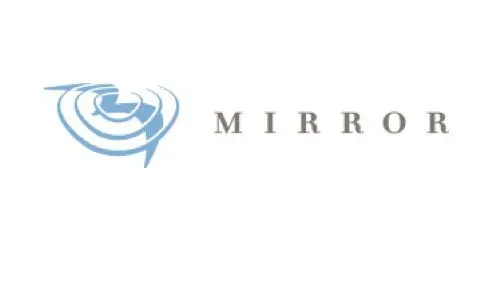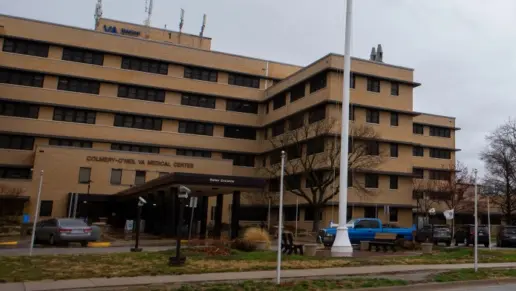The staff of this center is very compassionate and helpful, they have a lot of amenities that make you feel comfortable. Sunflower Wellness is the place where you can achieve sobriety.
About Sunflower Recovery
Many have found freedom from addiction at Sunflower Recovery, an addiction treatment center in Osawatomie, Kansas. This drug rehab provides residential treatment as well as a partial hospitalization program and intensive outpatient program for adults with substance abuse issues and co occurring conditions.
The 90 day residential treatment program is unique in that it’s a co ed program. You’ll be supported by Masters level clinicians and each person gets a customized treatment plan. Along with the typical individual and group therapy, they have holistic options like yoga, a workout program, art and music therapy, and even cooking classes to complement your recovery.
What stands out to me is the fitness program. Since the center also cares about your overall well-being your treatment program will incorporate daily fitness activities into your wellness routine. A family program also provides extensive support to help family members communicate, support, and care for a loved one going through recovery.
For outpatient care, you can participate in the center’s partial hospitalization program. This day program gives you the opportunity to implement what you’ve learned as you go home — or to sober living — on evenings and weekends. The intensive outpatient program (IOP) gives you even more flexibility as you attend treatment online in three hour blocks a few days a week. Having an online IOP is quite unusual, but it gives you the flexibility to take care of your work and other commitments outside of treatment.
It’s common to have mental health concerns that co occur with addiction, and Sunflower has the tools to address both conditions in an integrated way. That gives you the best chance of recovery and allows you to be healthier both physically and mentally as you live your best life.
Latest Reviews
Rehab Score
Gallery
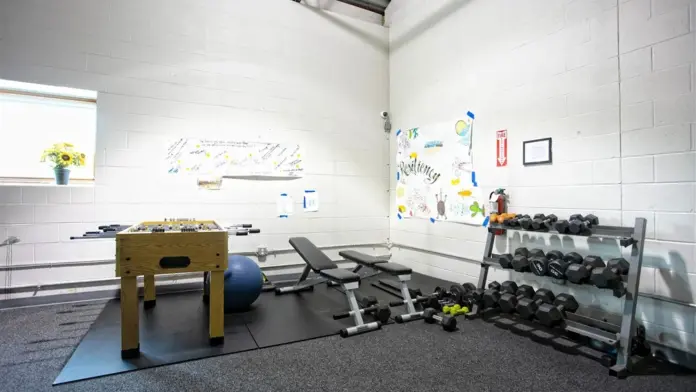
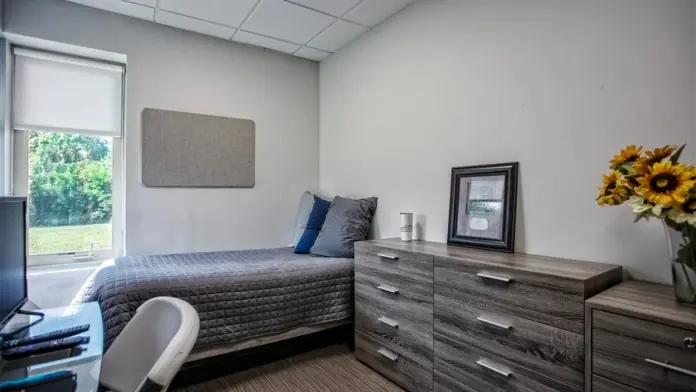
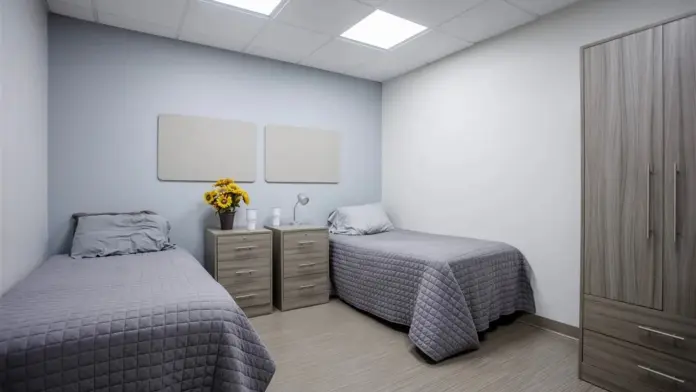
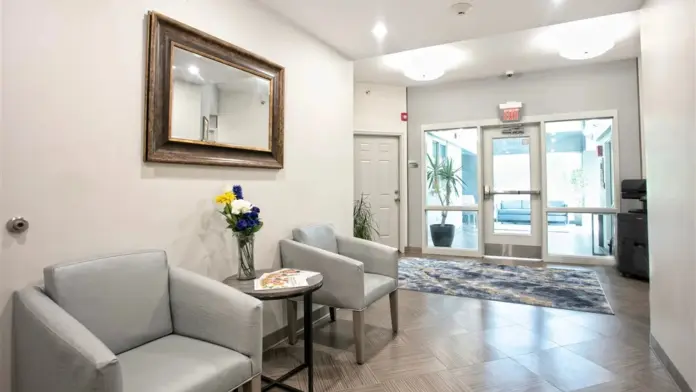

Location
Accepted Insurance
Other Forms of Payment
Private insurance refers to any kind of healthcare coverage that isn't from the state or federal government. This includes individual and family plans offered by an employer or purchased from the Insurance Marketplace. Every plan will have different requirements and out of pocket costs so be sure to get the full details before you start treatment.
Self-pay involves paying for treatment out of your own pocket. You can use savings or credit, get a personal loan, or receive help from family and friends to fund your treatment. If you don't have insurance or your insurance plan doesn't cover a specific program, self-pay can help ensure you still get the care you need.
Military members, veterans, and eligible dependents have access to specific insurance programs that help them get the care they need. TRICARE and VA insurance can help you access low cost or no cost addiction and mental health treatment. Programs that accept military insurance often have targeted treatment focused on the unique challenges military members, veterans, and their families face.
Addiction Treatments
Levels of Care
Treatments
The goal of treatment for alcoholism is abstinence. Those with poor social support, poor motivation, or psychiatric disorders tend to relapse within a few years of treatment. For these people, success is measured by longer periods of abstinence, reduced use of alcohol, better health, and improved social functioning. Recovery and Maintenance are usually based on 12 step programs and AA meetings.
The length, intensity, setting, and treatment methods vary for each drug rehab in Kansas. Plans of care can be tailored to meet each person's own unique situation and needs. With the right program, individuals can successfully achieve long-term sobriety.
Many of those suffering from addiction also suffer from mental or emotional illnesses like schizophrenia, bipolar disorder, depression, or anxiety disorders. Rehab and other substance abuse facilities treating those with a dual diagnosis or co-occurring disorder administer psychiatric treatment to address the person's mental health issue in addition to drug and alcohol rehabilitation.
Opioid rehabs specialize in supporting those recovering from opioid addiction. They treat those suffering from addiction to illegal opioids like heroin, as well as prescription drugs like oxycodone. These centers typically combine both physical as well as mental and emotional support to help stop addiction. Physical support often includes medical detox and subsequent medical support (including medication), and mental support includes in-depth therapy to address the underlying causes of addiction.
Sunflower offers substance abuse help to individuals and personalized treatment plans as well as weekly groups and individual sessions. At Sunflower Wellness Retreat you will find yourself being part of a community of committed people succeeding in recovery. Whether your addiction is alcohol, cocaine, prescription drugs, or something else, we are here to help. While in treatment at Sunflower Wellness Retreat, you will realize the impact of your addiction on both your personal life and your family. Through daily clinical classes, that utilize cognitive behavioral intervention methods, you will be able to change thinking patterns, learn social skills, and develop strategies for problem solving. These tools will aid you in living a sober lifestyle and achieving a successful recovery.
Programs



Clinical Services
Cognitive Behavioral Therapy (CBT) is a therapy modality that focuses on the relationship between one's thoughts, feelings, and behaviors. It is used to establish and allow for healthy responses to thoughts and feelings (instead of unhealthy responses, like using drugs or alcohol). CBT has been proven effective for recovering addicts of all kinds, and is used to strengthen a patient's own self-awareness and ability to self-regulate. CBT allows individuals to monitor their own emotional state, become more adept at communicating with others, and manage stress without needing to engage in substance abuse.
During dialectical behavior therapy, you'll work with your therapist to learn new skills that allow you to better regulate your emotions. This treatment involves a pre assessment, individual therapy, skills training in groups, and telephone crisis coaching.
Group therapy is any therapeutic work that happens in a group (not one-on-one). There are a number of different group therapy modalities, including support groups, experiential therapy, psycho-education, and more. Group therapy involves treatment as well as processing interaction between group members.
In individual therapy, a patient meets one-on-one with a trained psychologist or counselor. Therapy is a pivotal part of effective substance abuse treatment, as it often covers root causes of addiction, including challenges faced by the patient in their social, family, and work/school life.
Trauma therapy addresses traumatic incidents from a client's past that are likely affecting their present-day experience. Trauma is often one of the primary triggers and potential causes of addiction, and can stem from child sexual abuse, domestic violence, having a parent with a mental illness, losing one or both parents at a young age, teenage or adult sexual assault, or any number of other factors. The purpose of trauma therapy is to allow a patient to process trauma and move through and past it, with the help of trained and compassionate mental health professionals.
Couples therapy can help with problem solving, communication, forgiveness, and relationship satisfaction. This type of therapy is typically short term, and couples may meet with the therapist together as well as in separate sessions.
Family therapy refers to a group of treatment styles that target the group rather than the individual within the group. All of the styles are based on the notion that families share a connection, and by modifying one component of the system, you can affect the other components. This means the health of a family can play a major role in the success of recovery. Family Therapy for addiction is important because the effects of addiction aren’t limited to the addicted person, and the causes of substance abuse can be varied and complex – family issues can contribute to and perpetuate the illness of addiction. In fact, addiction is sometimes referred to as a “family disease.” Successful treatment, therefore, often incorporates the family of the person struggling with addiction.
By learning life skills during rehab in Kansas, you can learn how to manage daily life in recovery. These skills will help you establish a new and independent life. They'll help you develop a healthy daily routine, practice self care, and cultivate healthy relationships.
Nutrition therapy, aka medical nutrition therapy (MNT), is a way of treating physical, emotional, and medical conditions through diet. Specific dietary plans are designed by professional nutritionists or registered dietitians, and patients follow them in order to positively affect their physical and mental health.
Creativity is inherently healing, and can help those in recovery express thoughts or feelings they might not otherwise be able to. Creative arts therapy can include music, poetry/writing, painting, sculpting, dance, theater, sandplay, and more. Unlike traditional art, the final product matters far less than the experience of creation and expression itself.
Experiential therapy is a form of therapy in which clients are encouraged to surface and work through subconscious issues by engaging in real-time experiences. Experiential therapy departs from traditional talk therapy by involving the body, and having clients engage in activities, movements, and physical and emotional expression. This can involve role-play or using props (which can include other people). Experiential therapy can help people process trauma, memories, and emotion quickly, deeply, and in a lasting fashion, leading to substantial and impactful healing.
Amenities
-
Yoga Studio
-
Wifi
-
Residential Setting
-
Private Rooms
Accreditations

LegitScript has reviewed Sunflower Recovery as part of their certification program, and has determined that it meets the LegitScript standards for legality, safety and transparency.
LegitScript verified in

State Licenses are permits issued by government agencies that allow rehab organizations to conduct business legally within a certain geographical area. Typically, the kind of program a rehab facility offers, along with its physical location, determines which licenses are required to operate legally.
State License: Kansas

The Joint Commission, formerly known as JCAHO, is a nonprofit organization that accredits rehab organizations and programs. Founded in 1951, the Joint Commision's mission is to improve the quality of patient care and demonstrating the quality of patient care.
Joint Commission Accreditation: Yes
Contact Information
29875 W 339th Street
Osawatomie, KS 66064
